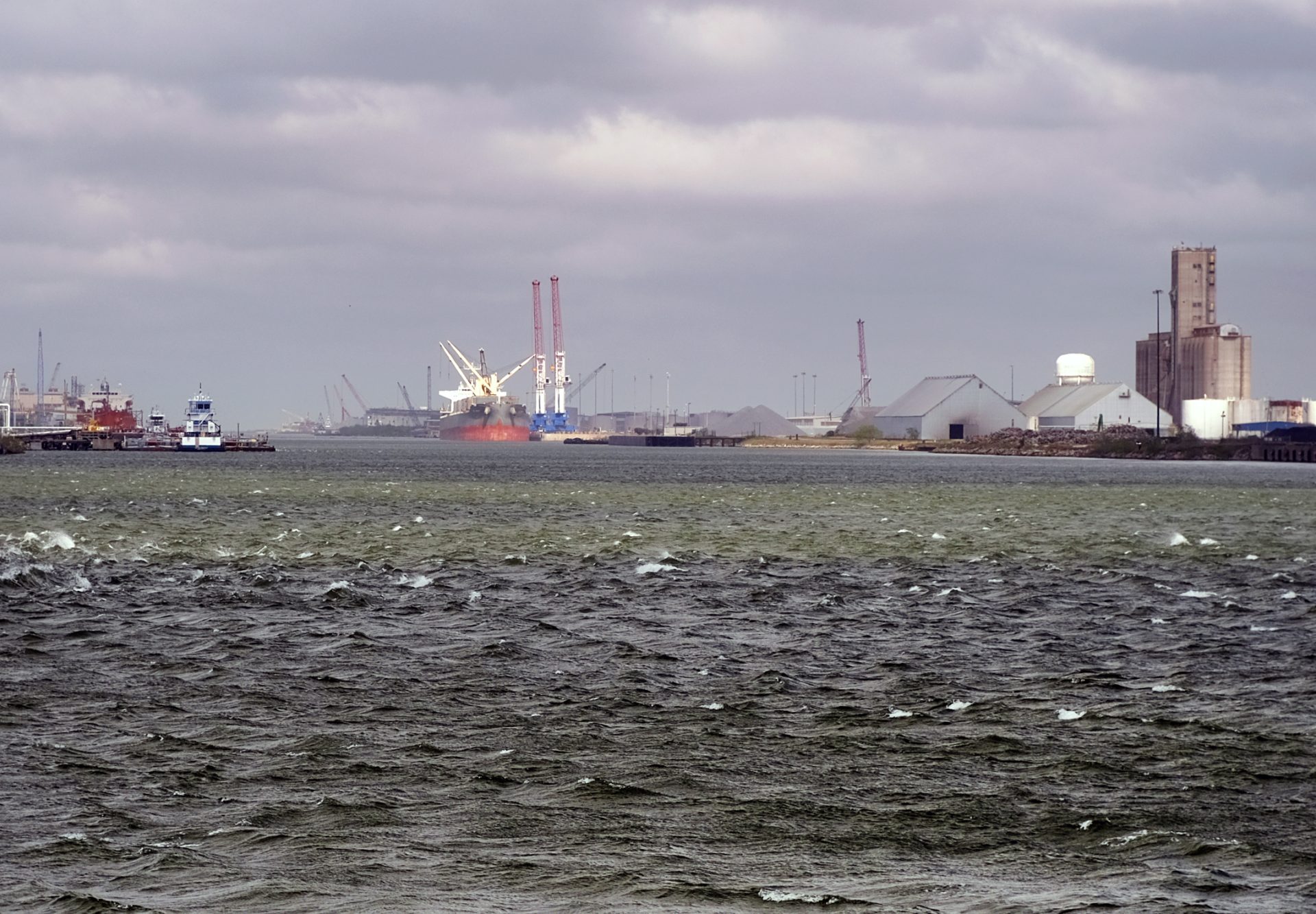|
Only have a minute? Listen instead
Getting your Trinity Audio player ready...
|

The Sierra Club and other organizations have filed a motion with the U.S. District Court for the District of Columbia seeking a stay to prevent construction of the Rio Grande LNG (liquefied natural gas) plant at the Port of Brownsville.
Work by Betchel Energy Company has already begun on the 984-acre site, between S.H. 48 and the Brownsville Ship Channel. Rio Grande LNG’s parent company is Houston-based NextDecade.
The Federal Energy Regulatory Commission gave final approval for the project — phase one of which will consist of three liquefaction “trains,” two storage tanks and one marine birth — on April 21, 2023. The Sierra Club is in the process of fighting federal permit approvals for LNG facility as well as the pipeline in the same court.
“Because this litigation is pending, Sierra Club is arguing that developer NextDecade be ordered to hold off on construction of its harmful facility,” the environmental organization said.
This latest action comes after the Biden administration on Jan. 26 announced a temporary pause on pending approvals of LNG exports to non-Free Trade Agreement countries “until the Department of Energy can update the underlying analyses for authorizations,” according the White House, which noted that the United States is already the top exporter of LNG worldwide, with exports U.S. exports expected to double by the end of the decade.
Natural gas, meanwhile, is primarily composed of methane, a major culprit in climate change. The administration’s pause does not directly impact Rio Grande LNG, since it’s already authorized to sell LNG to non-FTA countries. It does however, “create significant uncertainty around the need for future LNG export capacity,” the Sierra Club said.
The organization said the facility would “mark an egregious encroachment of polluting industry into the natural areas of South Texas,” and that the project has met with community opposition in part threatening ocelots and making the air unhealthy to breathe. The Sierra Club and its partners in the lawsuits “have been challenging (FERC’s alleged) failure to adequately consider the projects’ environmental justice impacts and greenhouse gas emissions as required by the National Environmental Policy Act and the Natural Gas Act.
The Sierra Club filed a stay motion with FERC in November, though the agency denied motion in January, though one FERC commissioner “strongly dissented,” the organization said.
“Both projects would cause major negative impacts to the communities who use this land and breathe the air, and they would impact the local economy that relies on tourism and outdoor recreation,” said Sierra Club attorney Tom Gosselin. “Starting construction makes no sense when we’re actively litigating FERC’s approval of the project. We must prevent irreparable harm from being done in the meantime.”
Patti Rubio, a naturalist and member of the South Texas Environmental Justice Network, called the Rio Grande LNG site an “incredibly bio-diverse strip of land” important to the community and the ecosystem.
“The biodiversity found at these biomes (areas classified according to the species that live) there is irreplaceable and crucial to the food chains of so many animals, including the endangered ocelot,” she said. “Construction at this biome must stop as soon as possible if we are going to preserve the life that has existed here before we did.”



